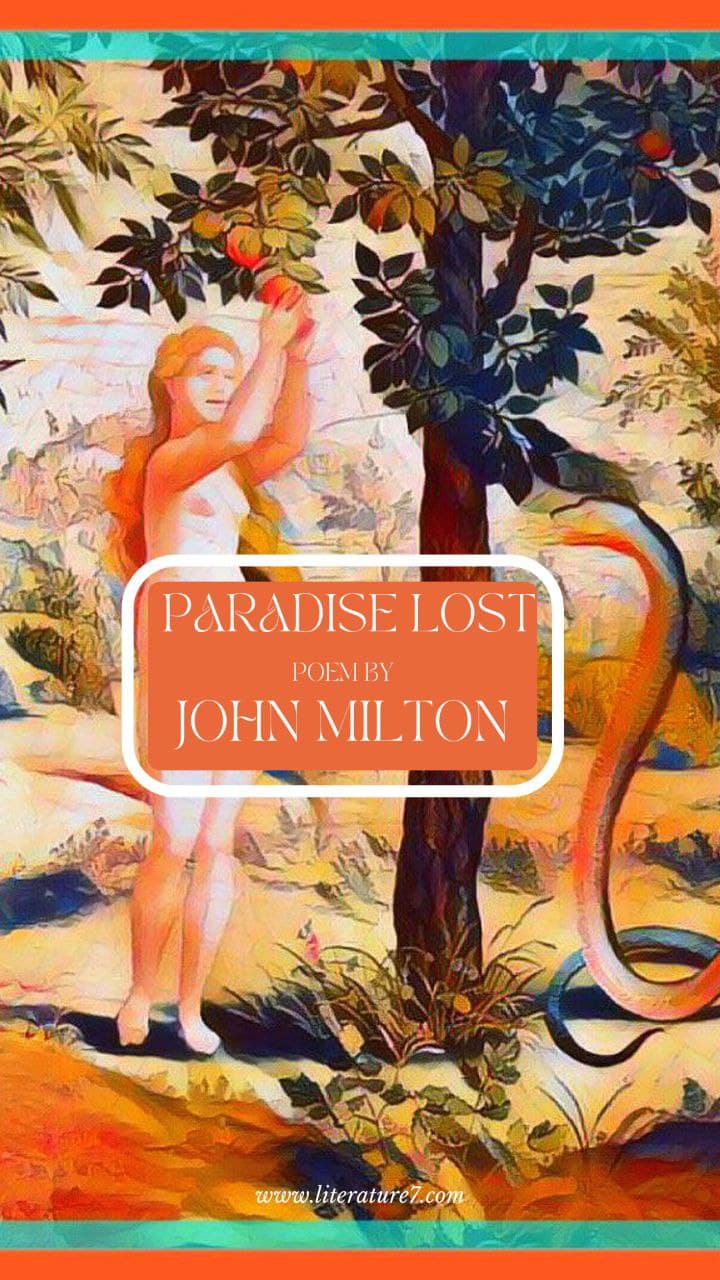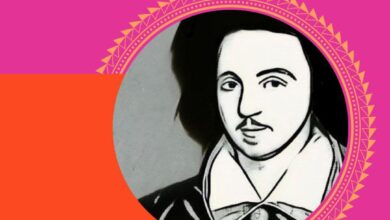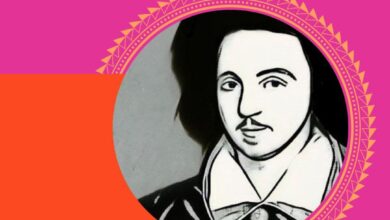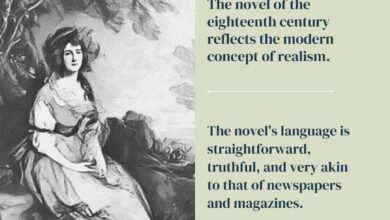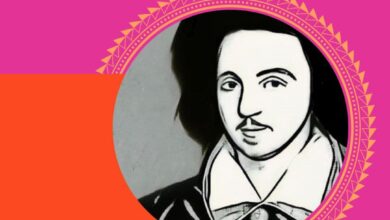Is Satan the hero of Paradise Lost Book I Justify your answer. | Who is the real hero of Milton’s epic, Paradise Lost-Satan or Adam?

A Hero’s Characteristics
Before debating whether Satan is or is not the saviour of Paradise Lost, let us consider the characteristics of an epic hero. The epic’s protagonist must be the central character. He must be connected to all the other characters in some way, and the epic must revolve around him and his exploits. Without him, the tale would be unimaginable. Additionally, he must possess a range of heroic characteristics, including physical prowess, bravery, fearlessness, proficiency with weapons, intellect, foresight, determination, and patience. He must be selfless and selfless in his actions.
Aspects of Satan’s Heroism
Massive Bulk: There can be no doubt that Satan is the protagonist of Paradise Lost, at least in terms of Books I and II. He is the protagonist of the first two books and towers over his companions. He is the first person to rouse them from their slumber. He possesses a colossal mass, comparable to that of a leviathan, which spans numerous roods. His shield is as large as the Moon, as seen through a telescope, and his spear is taller than the tallest pines used to construct the majority of an admiral ship.
Read more Ode to the West Wind by Percy Bysshe Shelley Poem Analysis
He is indeed the Archangel, though fallen, and his glory has only been slightly dimmed. He is adamant about suffering and enduring but never about yielding or claiming mercy. He was, without a doubt, defeated, but only because God deceitfully withheld the secret weapon of thunder from him.
Heroic Determination: Proud and self-sufficient, he is adamant about continuing his struggle with God, believing that it is preferred to rule in Hell than to serve in Heaven. He has the ability to inspire his followers by his own fortitude and determination: they are proud of him and are willing to join him in wagering eternal war against the Almighty. According to Oliver Cromwell, the Lord Protector, Satan walks up and down inspecting his ranks as a competent military general. Each word he speaks strengthens their resolve and fortitude. They are many, but they do not revolt and continue to carry out his commands.
Heroic Courage: Satan dominates Book I and continues to do so in Book II’s discussion. The idea that they should exact vengeance on God by seducing and corrupting the newly formed race of man is his, but he, like any true king, defers credit to Beelzebub. Again, he assumes the perilous task of journeying through Chaos, discovering the new world, and corrupting the newly-created man and woman, as a born leader would. His bravery in attempting to take on this perilous endeavour is met with thunderous applause from his supporters. As if Milton has adopted a similar scene in Heaven in order to emphasise Satan’s heroism.
Read also Chaucer’s contribution to the art of versification
The Almighty requests of His angels that they suffer and atone for man’s guilt, but none accept the assignment. As a result, Satan is revealed to be the most courageous and noble angel of all. Additionally, he demonstrates great dexterity, intellect, and resourcefulness in gaining admission to Eden. His eloquence and logical abilities allow him to transcend Eve’s reservations.
For all of these purposes, we can legitimately claim that Satan is the hero of Books I and II, but not of the epic in its entirety. Even in Book I’s prologue, we are told that the epic is not about Satan but rather about a man and his fall. The poet aims to sing the storey of man’s fall and original sin, as well as how man was forgiven and his sin expiated by the ultimate self-sacrifice of God’s son. As a result, the storey is not about Satan in any way. He is, without a doubt, the instrument of man’s fall, but he accomplishes this goal by villainy and unethical conduct.
Satan as the Villain of the Piece
As a result, Satan may be more accurately referred to as the play’s antagonist than the play’s hero. A true hero never resorts to deception; instead, he is forthright and forthright in his deeds. And Satan’s deception is directed at Eve, not Adam. He is motivated not by any noble motive but by a desire for vengeance. His motivations are ignoble, as are the means he employs.
Indeed, as C.S. Lewis and others have noted, his character gradually deteriorates. To begin, he loses his radiance and magnificence. Second, he resorts to the use of the derogatory term “guile.” Thirdly, he assumes the form of a toad. Fourthly, he assumes the identity of a saboteur. Fifthly, he assumes the shape of a snake. Sixth, he deceives an innocent yet shallow and frivolous woman, and eventually, he and his companions are transformed into hissing serpents.
The True Hero, Adam
Without a doubt, such a person cannot be the epic’s hero. Who then is the protagonist? God and His son cannot be heroes because they are perfect and faultless, while the hero, as Aristotle taught, must have some “flaw” in his character that causes him to fall. He must make a mistake, but the omnipotent is incapable of making any mistake. Satan has this “tragic flaw”—pride and excessive ambition—but neither God nor His Son does. As a result, none of them—Satan as a villain, and God and His Son as a result of the preceding—can be considered the epic’s hero.
Adam makes a stronger case for being considered the epic’s hero. The epic, as previously said, is about his defiance and subsequent collapse. Additionally, it offers hope of salvation through the Son of God’s suffering and self-sacrifice. According to others, Adam is far too passive to be the epic’s hero. Paradise Lost is a unique example of a classical epic. Its central theme is not some great warrior’s heroic deeds in battle but the eternal struggle between good and evil for man’s soul.
Related ADAM AND EVE IN PARADISE LOST
Milton is particularly fond of Christian virtues such as patience, courage, and the potential for resignation and self-sacrifice, rather than classical virtues such as valour and the ability to use weapons. And Adam possesses many of these qualities. He is well aware of the repercussions of Eve’s act, but he chooses heroically to suffer alongside her the loss of Paradise. He is patient and selfless, carrying out his responsibilities regardless of the consequences.
The image of Adam and Eve leaving Paradise emphasizes Satan and his followers’ degradation into hissing serpents destined for eternal damnation. Adam is also not a fully passive figure. He has free will and acts in order to make his “choice.” In his case, the gesture is internal and manifests itself in his willing decision to share in the loss of Paradise with Eve. He might have chosen otherwise in a cowardly and base manner, but he prefers the noble and courageous path.
Though Satan is the protagonist of Books I and II, Adam makes a stronger claim for being the epic’s overall hero.
